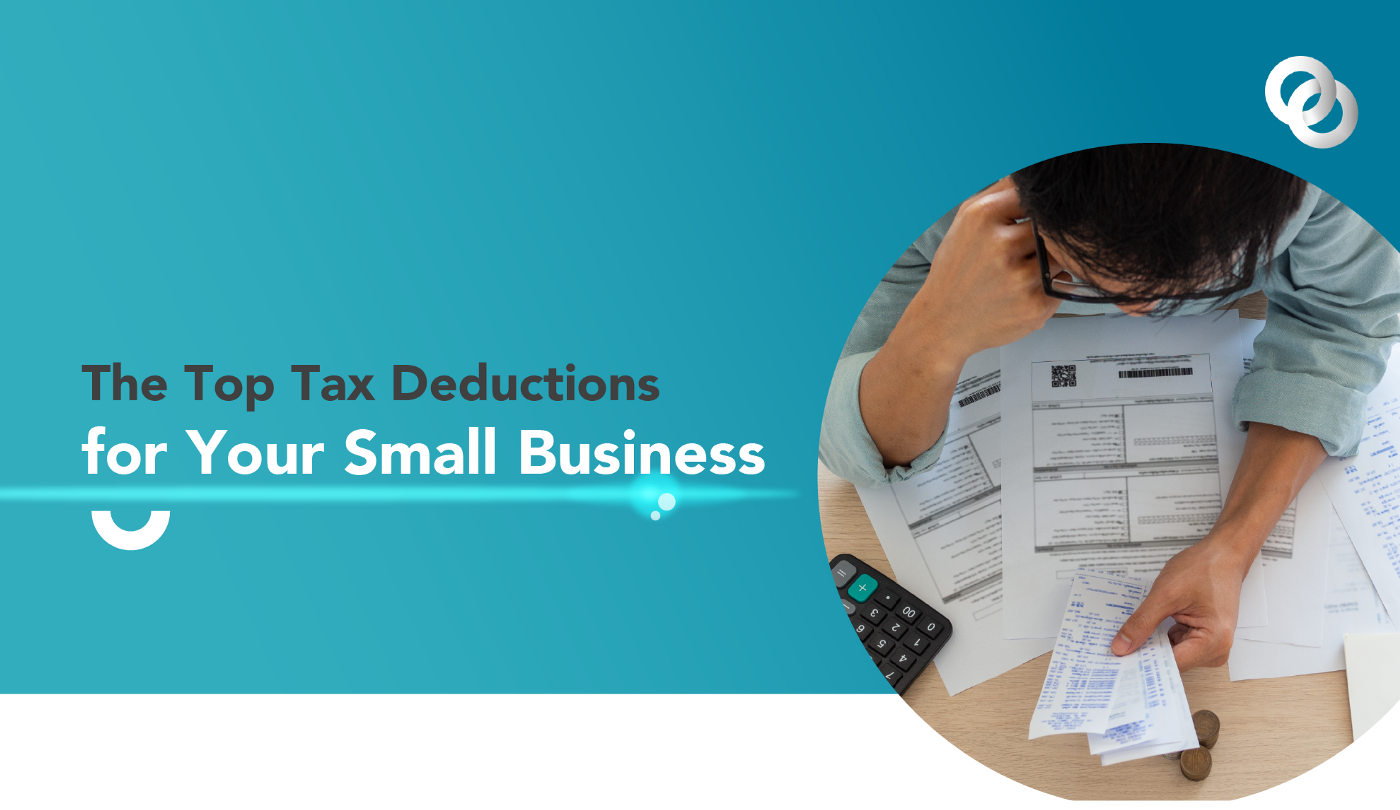Every penny counts in the life of a small business, so founders should take advantage of every opportunity if they want their business to grow. Tax deductions are one of the best ways to use your hard-earned income for development instead of paying taxes. In this article, we will present you with a small business tax deductions checklist that you can use to start the next fiscal year more deliberately and use immediately to lower your tax bill while maximizing compliance.
What are tax deductions?
Profit is the difference between income and expenses. The same rule can be applied for taxation, with some exceptions: the tax base is the difference between your income and your deductible expenses. However, the focus is on “deductible” because all tax systems in the world, including the US regulatory environment, only allow deductions for expenses that are consistent with the operation of the business. If you own a grocery store, you can deduct the cost of a new refrigerator from your taxes, but not the cost of a family vacation abroad.
Let’s see what elements you will be able to use in small business tax deduction 2021!

Operating costs
It may seem obvious, but it’s worth starting your tax deduction list with this item. You can include items in your business expenses without which you would not be able to sell your products or provide your services. If you need an office, computer, or place of business, the cost of that is tax-deductible. As long as your business can afford the investment and maintenance, you do not have to justify the need for these items.
Subcontracting costs, wages
Whether you employ someone directly or need additional support on an ad hoc basis, the cost of doing so is also tax-deductible. This also applies if, for example, you are furnishing or renovating your office or business.
Mobility
There are countless professions that involve travel on a daily basis. Salespeople travel back and forth between customers, doctors travel to a professional conference — expenses that can be linked to the commute, such as gasoline or an airline ticket, are also deductible. However, we caution that some expenses are difficult to relate to work. So, if you feel that you cannot justify an expense item, you should always consult a tax advisor before making a decision.
Charities
Charitable contributions made by your business may also be deductible. C corporations claim this deduction on their business tax return, while partnerships, LLCs, and S corporations claim the deduction on their personal income tax return.

Home Office tax deduction
The last element on our tax deductions list is home office-related costs. It is a less well-known fact that self-employed individuals and small business owners can deduct the cost of working from home. If you can clearly define where and under what circumstances you work from home, you can deduct a proportionate share of overhead and other purchases as expenses.
Yes, entrepreneurship requires expertise and experience in many aspects of life. The ability to navigate the world of accounting and taxes is essential to successfully run your business. However, if you haven’t had the opportunity to gain years of experience, it’s definitely worth seeking professional advice. At IOOGO, we believe in transparent and compliant taxation that puts the interests of the entrepreneur first — and we’re happy to help.





